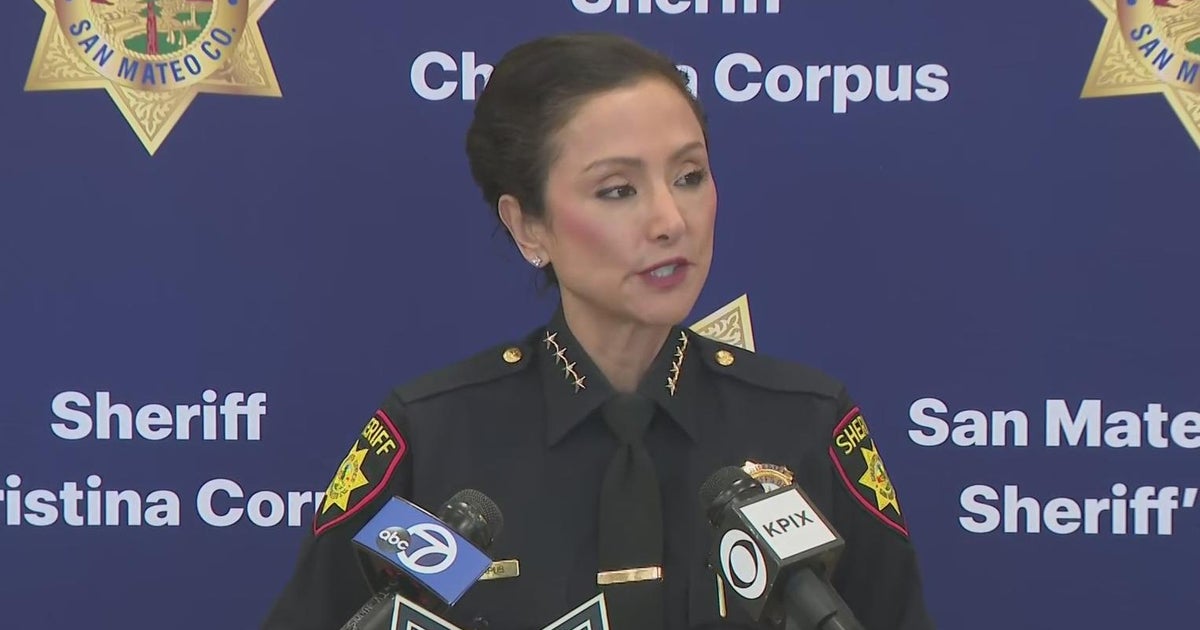Debate heats up over San Francisco's Prop E that would reduce restrictions on police use of technology
Two months out from San Francisco's primary elections, the battle is already brewing over a controversial public safety measure.
Proposition E would provide the San Francisco Police Department with new high-tech crime fighting tools. Some organizations, including the American Civil Liberties Union, have voiced strong opposition to the measure. San Francisco Mayor London Breed is backing the proposition.
Outrage over crime in SF
Richmond District resident Jim Riley is joining renewed calls across the city in favor of police using advanced technology amid widespread staffing shortages. His stance stems in part from from an incident four months ago, when he witnessed hundreds of motorcycles and ATVs speeding past his home.
"They can't pursue, they can't use drones," he told CBS News Bay Area. "It's a perfect example of why they're needed and why they'd be a deterrent or a tool to capture bad guys."
It's a years-long debate over whether SFPD officers should be able to deploy advanced technology like drones, robots and extra surveillance cameras, which has largely resulted in more restrictions on what technology officers can use.
The new ballot measure that voters will decide on in March could change this, allowing the SFPD to deploy drones in certain cases. It would also expand justifications for police pursuits and add surveillance cameras to certain intersections.
SFPOA calls for "one more tool"
"It's just one more tool to kind of level the playing field," said SFPOA President Tracy McCray.
McCray leads the city's largest police union and says not only can the technology be preventative, it could help ease the strain a widespread staffing shortage has had on the department.
"We need more tools so when we feel a pursuit has crossed that threshold to be more dangerous than, you know, maybe apprehending them at the time, it'd be nice if we could lift the drone up, and say, 'Okay, they can follow,'" McCray explained.
Critics counter that Proposition E could overturn years of guardrails that protect citizens from undue surveillance and police misconduct.
Reduced independent oversight
"This proposition isn't about whether police can use surveillance; they can under safety policies. This proposition rips those safety policies away and allows police to expand and deploy dangerous surveillance technology and more easily hide use of force incidents," Matt Cagle, an attorney for the ACLU of Northern California, told CBS News Bay Area.
The organization argues that Prop E would also reduce independent oversight of the police force.
But for Riley, his priority is set on crime prevention, even if that means greater police access.
"I think we're at a point where we're living in a different world," he said. "This is a different city. This is a different neighborhood than it was previously."



